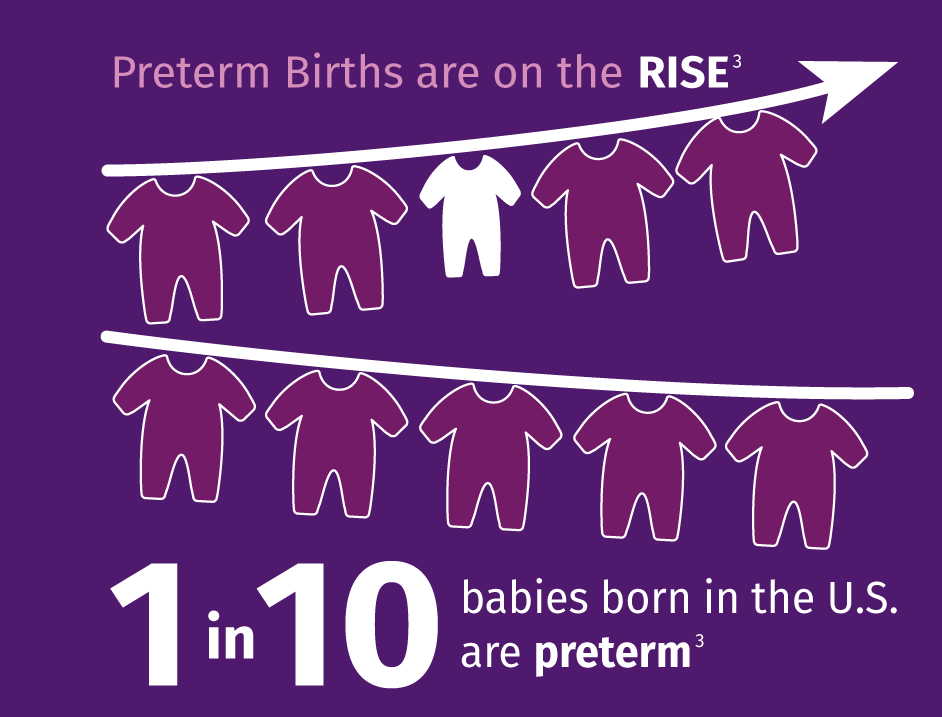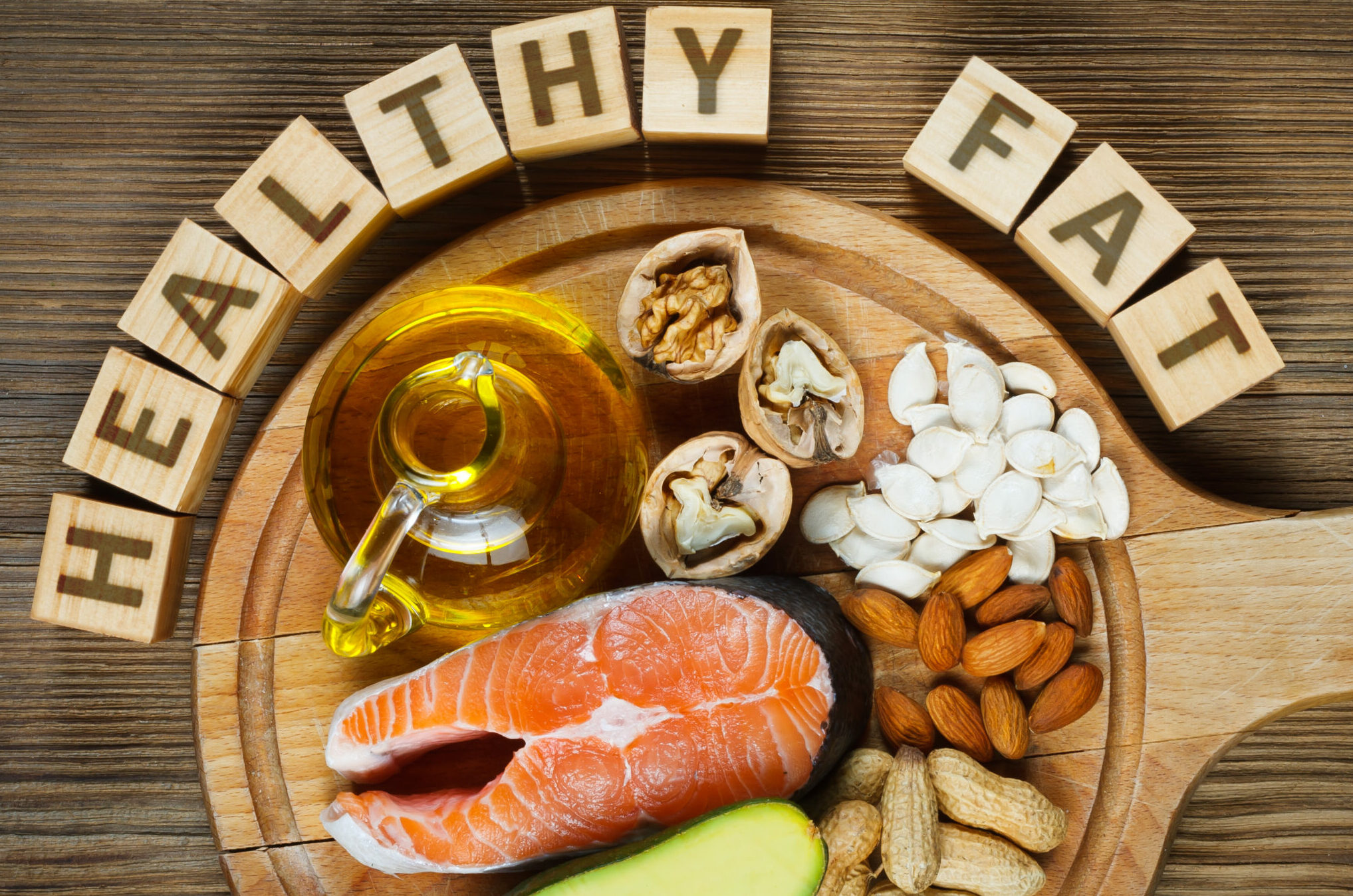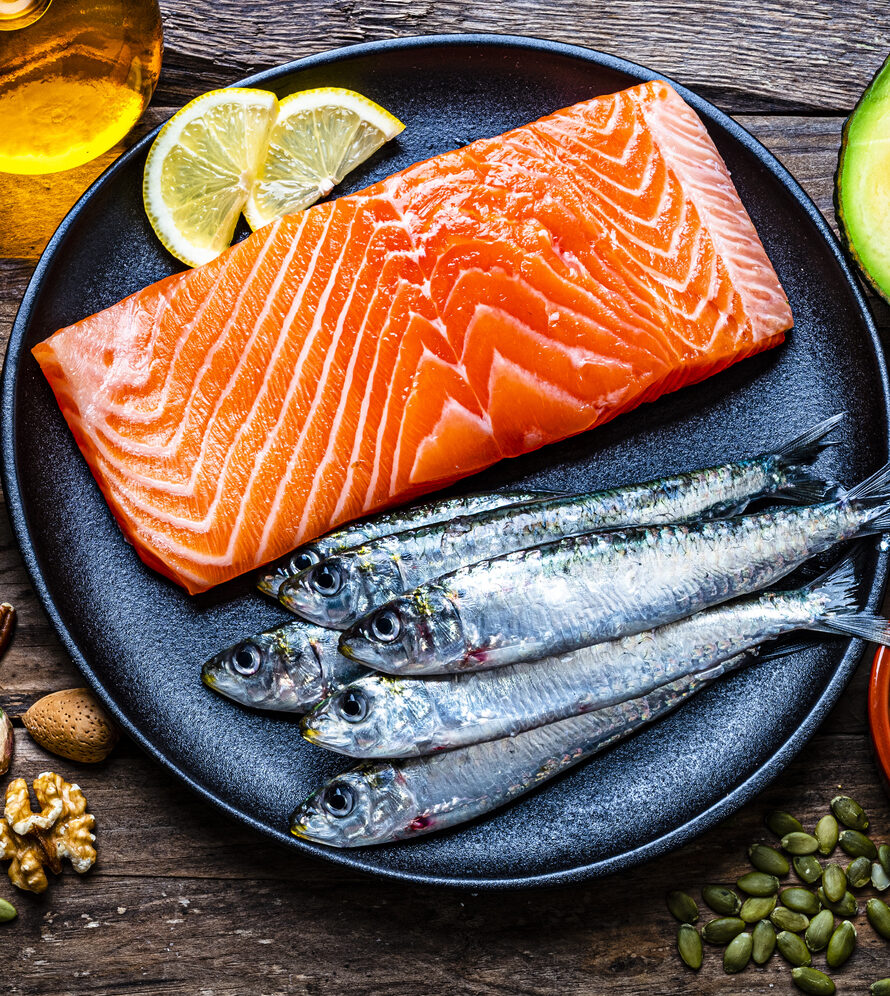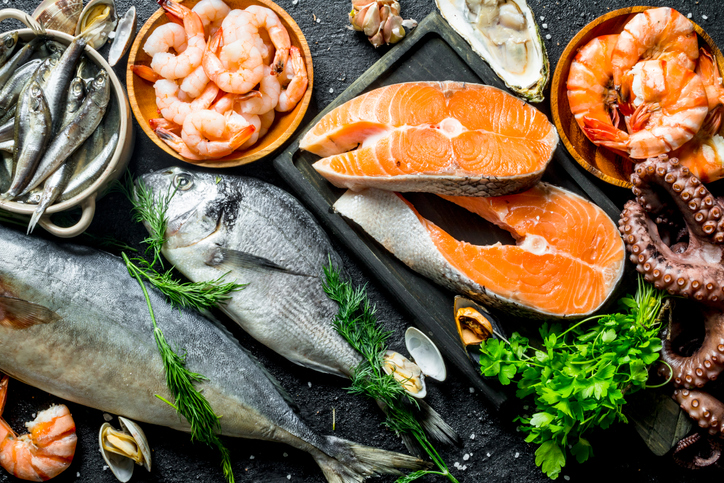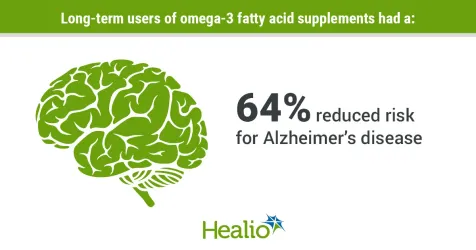Seafood is high in protein and rich in good fats, omega-3s EPA + DHA. Omega-3s EPA + DHA are anti-inflammatory.
10Nutrition Policy Alert: Seafood automatically qualifies for the “Healthy” claim under FDA’s final rule for the definition of “Healthy”
Press Releases, ResearchUnder the final rule, the FDA notes that seafood without added ingredients except for water “automatically qualifies” for the “healthy” claim due to its positive nutrient contributions and consumption.
01Omega-3 fatty acids linked to reduced cancer risk, highlighting potential benefits of fish oil
ResearchA recent study suggests that omega-3 and omega-6 fatty acids – commonly found in fish oil – could significantly reduce the risk of developing various cancers.
00Omega-3’s found in seafood reduce preterm birth, the leading cause of infant mortality in the U.S.
ResearchOmega-3’s found in seafood on reducing preterm birth, which is the leading cause of infant mortality in the U.S.
00A study by researchers from the University of Pennsylvania found that omega-3 fatty acids reduced aggression, regardless of age or gender.
00Heart disease is 80-90% preventable with proper diet, exercise, and lifestyle modifications
Research, Heart HealthCoronary heart disease is 90% preventable with proper diet and exercise per American Heart Association.
10Research Shows Omega-3 Can Support Your Brain Through Bouts Of Loneliness
Research, Brain Health, Healthy AgingSeafood is rich in omega-3 fatty acids EPA and DHA which along vitamin D help regulate the production, release, and function of serotonin. Social isolation affects the activation of our serotonergic pathways—but omega-3 fatty acids and vitamin D have an important role in the actions of these pathways and are thus, critical nutrients for everyone but especially people who are dealing with loneliness.
30Increased intake of omega-3s may help alleviate some symptoms of bipolar disorder
Research, Brain Health, Healthy AgingA study in The Journal Bipolar Disorders suggests that individuals with bipolar disorder who adjust their intake of specific fatty acids may experience less variability in their moods.
00People who regularly eat fish are 20% less likely to have depression than their peers
Research, Brain Health, Healthy AgingPeople who regularly eat fish are 20 percent less likely than their peers to have depression. In fact, the American Psychiatric Association has endorsed the fatty acids in fish as an effective part of depression treatment.
00People who eat fish frequently have 14% larger brain hippocampus – the big memory and learning center
Research, Brain Health, Healthy AgingPeople who eat fish frequently have 14% larger brain hippocampus – the big memory and learning center
00A diet high in the omega-3 fats and low in omega-6 fats showed a decreased frequency and severity of headaches
Research, Brain Health, Pain ManagementA diet high in the omega-3 fats found in fish and shellfish, and low in omega-6 fats found in many processed foods, showed a decreased frequency and severity of headaches. Participants ate foods including wild salmon, albacore tuna, and trout while minimizing sources of omega-6 fats such as corn, soybean, and canola oils.
00Higher blood levels of omega–3 fatty acids had a risk reduction of sudden cardiac death of 80-90%
Research, Heart HealthA study that followed 22,071 male physicians over 17 years found that those with the highest blood level of long-chain omega-3 fatty acids compared to those with the lowest blood level had an 80-90% risk reduction in sudden cardiac death.
00Study shows eating seafood 2x week reduces the risk of dying from heart disease by 36%
Research, Heart HealthA Harvard study found that eating approximately one to two 3 oz. servings of fatty fish a week—salmon, herring, mackerel, anchovies, or sardines—reduces the risk of dying from heart disease by 36 percent.
00Breaking News from American Heart Association: “Keep saying yes to fish twice a week for heart health”
Research, Heart HealthA scientific advisory released May 2018 from the American Heart Association reaffirms the Association’s recommendation to eat two servings of fish per week.
00Older adults with highest blood levels of omega-3 fatty acids lived on average 2.2 years longer
Research, Healthy AgingA study found that older adults who had the highest blood levels of the omega-3 fatty acids found in fish lived, on average, 2.2 years longer than those with lower levels.
00USDA/HHS: The 2020-2025 DGA recommends a shift towards healthy eating patterns, which include a variety of protein foods including more seafood. The general population should eat at least 6 ounces of seafood per week with the aim to take in at least 250 mg per day of omega-3 fatty acids EPA and DHA, and women who are pregnant or breastfeeding should eat at least 6 ounces of seafood per week for omega-3 fatty acid DHA to improve infant health outcomes
00It is important to remember that our daily food choices influence our mental health as much as other self-care such as physical activity, connecting with friends and family, and sleep. And the evidence is strong that seafood is brain food.
00Omega-3 fatty acid DHA supports better outcome for baby brain and eye health
Research, Maternal and Infant HealthThe Omega-3 fatty acid docosahexaenoic acid (DHA) is critical for the development of the nervous system, especially during the first year of life according to a study in the Journal of the Academy of Nutrition & Dietetics.
00Scientific Review Shows Children of Mothers Who Ate Seafood Can Gain an Average of 7.7 IQ Points
Research, Maternal and Infant HealthA paper published by a group of 13 leading dietary fats scientists highlights the tremendous health benefits from consuming seafood for infant and adolescent brain development.
00Eat Seafood While Pregnant: All Benefits, No Harm Says Renown Harvard Professor
Research, Maternal and Infant HealthDr. Emily Oken of Harvard Medical School concludes science shows that seafood consumption by pregnant women is in fact beneficial for baby brain development and shows no harm.
00The FDA 2015-2020 Dietary Guidelines Recommend That Pregnant Woman Eat at Least 2 Servings of Seafood Per Week
Research, Maternal and Infant Health, Dietary GuidelinesThe National Coalition for Infant Health, together with Neonatology Today, released seafood advice for mothers and their babies. The FDA 2015-2020 Dietary Guidelines Recommend That Pregnant Woman Eat at Least 2 Servings of Seafood Per Week
00Fish literally saves lives. Eating seafood two to three times per week reduces the risk of death from any health-related cause by 17 percent.
00Dietary Guidelines recommend eating 6 oz. of seafood per week, 250 mg of omega-3 fatty acids EPA+DHA per day
Research, Dietary GuidelinesThe 2020-2025 DGA recommends a shift towards healthy eating patterns, which include a variety of protein foods including more seafood.
00Often times when you think of warm comfort foods, seafood dishes may not be the first to come to mind. But seafood isn’t just a warmer-weather delight, there are plenty of recipes to keep you full and comforted in the colder months!
20





